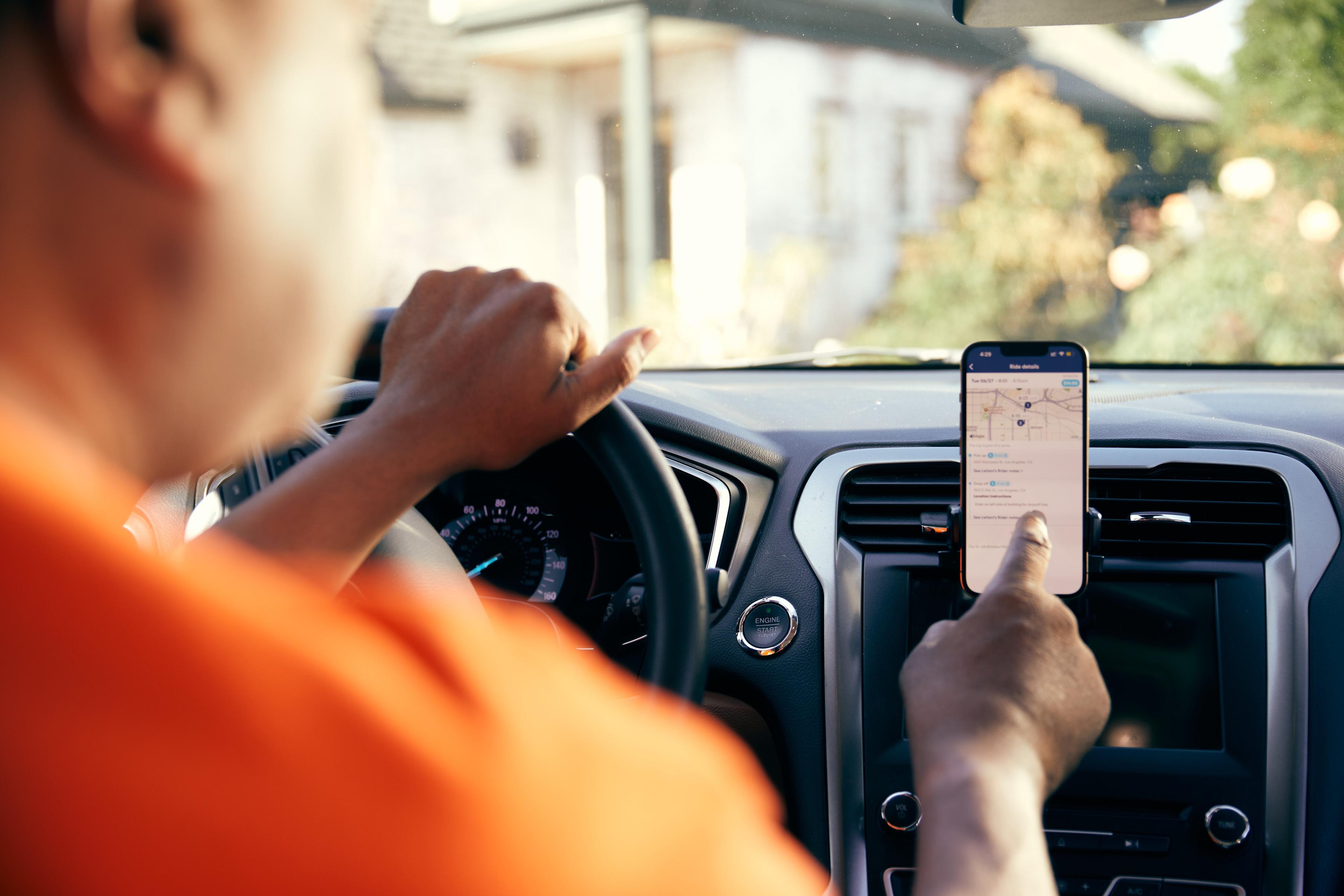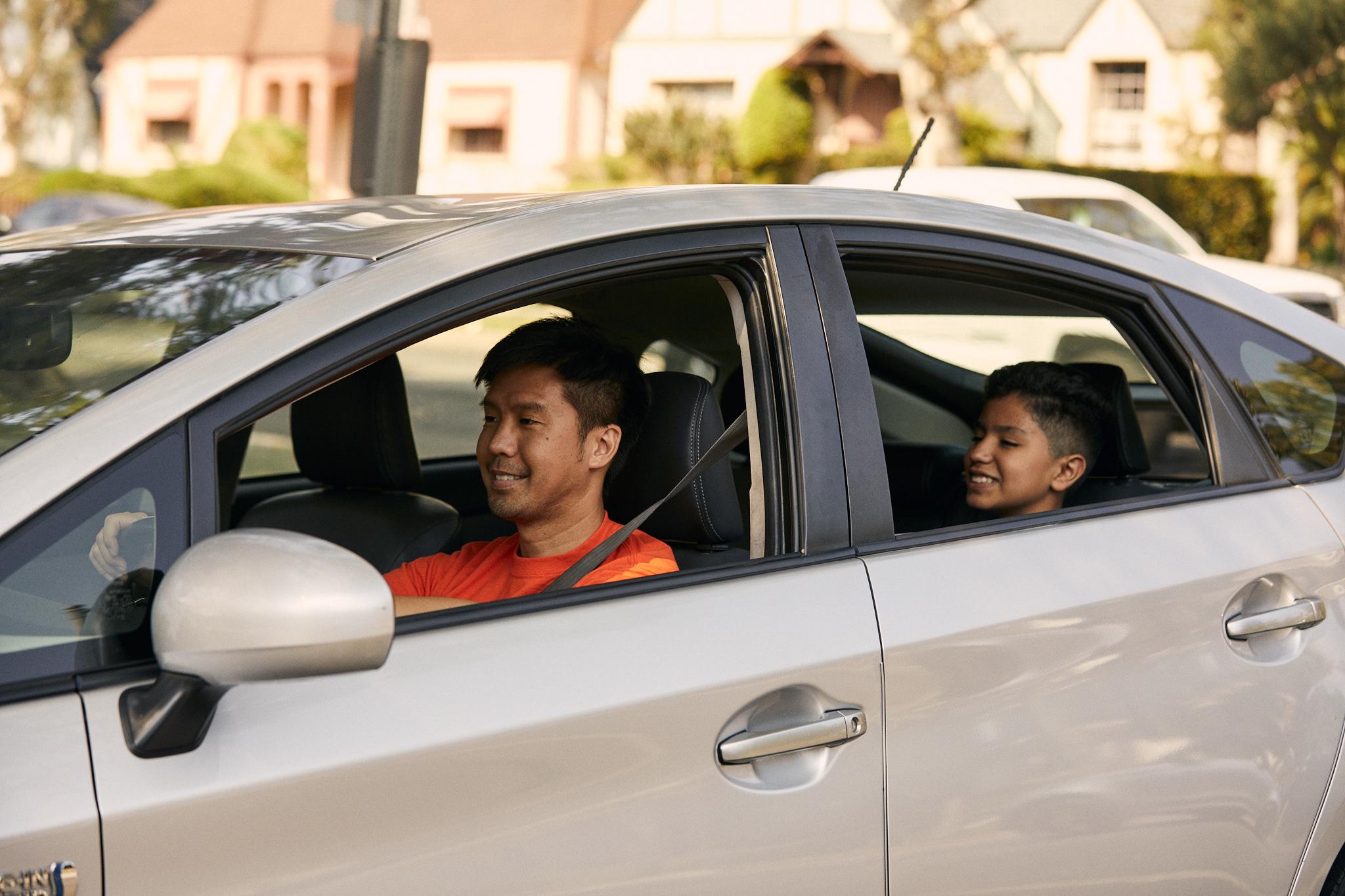Understanding California Senate Bill 88 and HopSkipDrive’s Path Forward

Nine years ago, HopSkipDrive was founded in Los Angeles, California, by three working mothers who saw the need for safe, reliable transportation for kids. Since then, over 3 million rides have been completed on our platform without a single critical safety incident as we’ve partnered with parents, school districts, government agencies, and nonprofits to arrange transportation for students who need it. Often, these are students experiencing homelessness, in foster care, with special needs, or who may not have other transportation options. Every step of the way, we’ve been guided by our mission to create opportunity for all through mobility, knowing the transformative power of transportation in helping students reach their potential.
This mission and passion are why we, together with dozens of child welfare agencies, schools, and other advocates across the state, fought hard against California’s Senate Bill 88 (SB 88). It is unnecessary, costly, and damaging to California and its communities, and we worked hard to voice our concerns to the policymakers involved and make it clear how this bill would impact children. Despite the efforts of many, we recently learned that the Governor signed this bill.
We recognize that some of our clients, CareDrivers, and other partners in California may have questions, so we felt it valuable to explain what SB 88 says, what it means for HopSkipDrive, and our path forward.
What SB 88 says and what it means for HopSkipDrive
First and foremost, SB 88’s requirements do not take effect until July 1, 2025; or, for contracts entered into prior to January 1, 2024, SB 88 requirements do not take effect until the renewal of that contract. This means that nothing changes for HopSkipDrive partners, CareDrivers, or Riders for the foreseeable future.
Beginning July 1, 2025, SB 88 will add new requirements for HopSkipDrive and the CareDrivers on our platform in California, applying the same requirements of driving a 72-passenger, 12-ton school bus onto CareDrivers who drive just a few hours a week, in the same car they use to go to the grocery store, drive their kids around, and drive to work. These requirements — such as submitting the results of a medical examination every two years and completing drug and alcohol testing — are onerous and illogical.
As we have long said, HopSkipDrive believes in measurable, data-driven approaches to safety. Drug and alcohol tests only evaluate whether a driver is under the influence of drugs or alcohol at one specific point in time, and say nothing about what’s happening once a driver is behind the wheel. In fact, federal testing rates mean that the probability on any given day that any given school bus driver will be selected for a random drug or alcohol test is 0.3%. To truly measure and improve safety, we should be measuring what’s happening on every single ride. That is why HopSkipDrive leverages mobile telematics technology, which detects risky driving behaviors that can be signs of being impaired, like speeding, hard braking, rapid acceleration, tight turns, phone usage, and major collisions. According to research, mobile phone-based telematics technology, like what HopSkipDrive uses, has been found to be up to 98.83% accurate in detecting drunk driving behavior. This is a far more reliable, measurable, and data-driven approach to understanding safe driving. As we said throughout the legislative process for SB 88, using drug and alcohol testing is like sending a fax when you can send an email. We have better technology, so why rely on antiquated, ineffective methods?
SB 88 also contains a glaring factual inaccuracy, claiming HopSkipDrive is not regulated. This is simply not true, and while we’re glad that legislative committee analyses later affirmed that HopSkipDrive is, indeed, regulated, it’s important that we dispel any misconception about our business. Since its earliest days, HopSkipDrive has been strictly regulated by the California Public Utilities Commission, requiring specific CareDriver training, data reporting, vehicle inspections, fingerprint-based background checks, and more. Our regulatory status is clear, and we continue to work with the Public Utilities Commission as we facilitate needed transportation in California.
Our path forward
These requirements are excessive and outdated, and we remain concerned about the impact they have on our ability to facilitate transportation for the tens of thousands of kids who rely on HopSkipDrive to get to school, to support services, and to their families. Between now and when this legislation becomes effective in 2025, we will continue to provide the same exceptional service, without interruption. Our team will be working hard to explore paths forward under this legislation, recognizing the critical role HopSkipDrive plays for youth in California. We know reliable student transportation has never been more critical as schools grapple with school bus driver shortages, rises in chronic absenteeism, and the looming end of federally available funding sources.
We’re proud of the work we do every day in California and in cities around the country, connecting students with a safe, reliable way to get to school so they can arrive in the classroom ready to learn, and HopSkipDrive is committed to continuing to be available for our partners. Senate Bill 88 is misguided and detrimental legislation, but it will not change our commitment to our mission.


